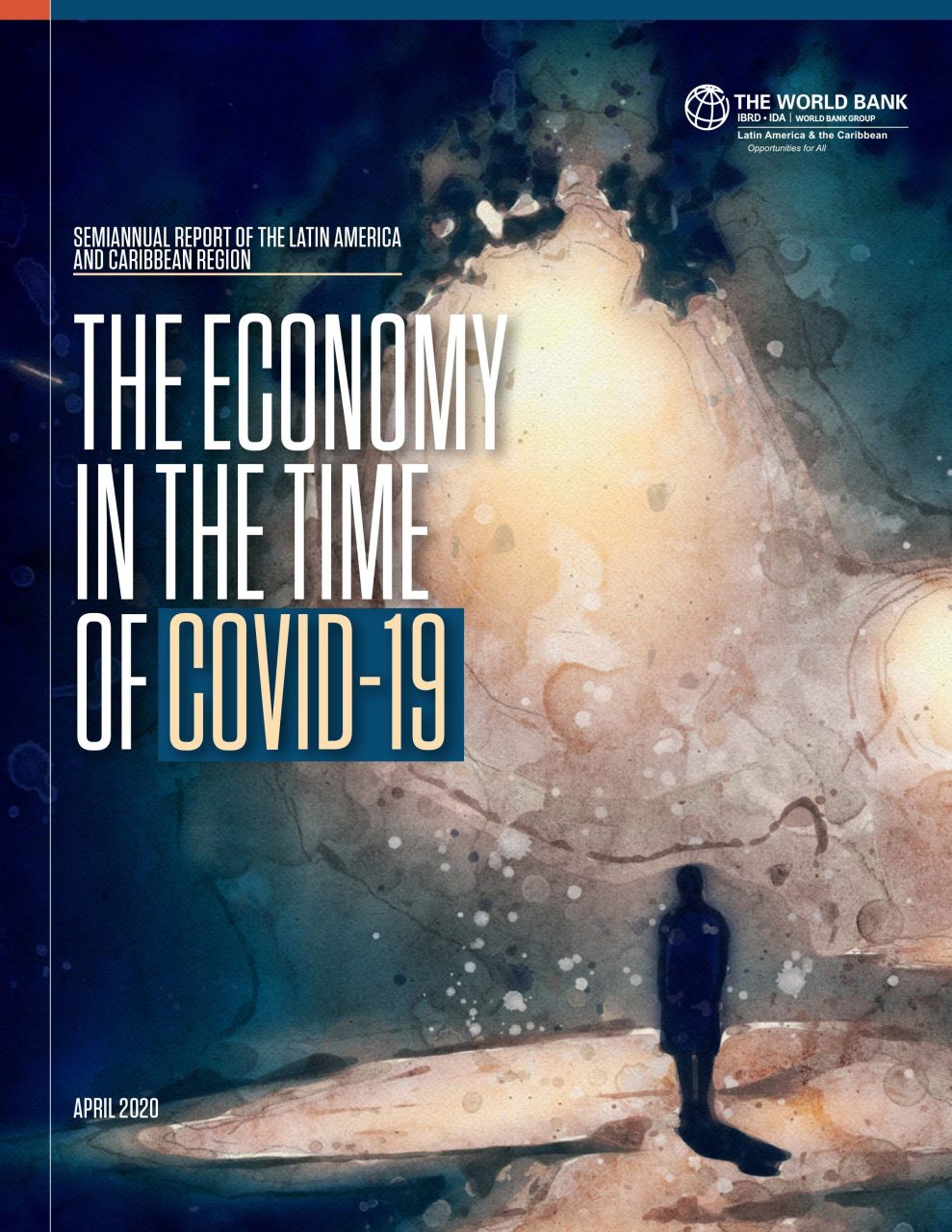Home Top Stories Elections impasse threatens Guyana’s oil-funded development – World Bank
The World Bank has flagged Guyana’s incomplete March 2, General and Regional Elections as one of the key risks to the country’s transformation projected from expected windfalls from its nascent oil and gas industry
 The electoral impasse was flagged in the World Bank’s recently completed semi-annual report where it assessed the global economy in the time of the coronavirus disease (COVID-19).
The electoral impasse was flagged in the World Bank’s recently completed semi-annual report where it assessed the global economy in the time of the coronavirus disease (COVID-19).
The report, in its country brief for Guyana, found that the country’s economy expanded by 4.7 per cent in 2019, with anticipated oil revenues spurring an expansion in nontraded sectors.
According to the World Bank Report, “Oil production is projected to boost GDP growth to unprecedented levels in 2020.”
It noted, however, that while “this could transform Guyana, there are risks, as illustrated by a still incomplete election outcome, and compounded by falling oil prices and the COVID-19 epidemic.
Guyana’s Finance Ministry has prepared Petroleum Production and Revenues – January 2020, which documented production at about 57,000 barrels per day.
The country has since, subsequently, sold its first entitlement of one million barrels, earning just about US$55 million.
Royalties on shipments since production began in December last are due to be paid at the end of this month.
Weak
Additionally, the World Bank in its report noted that “weak public service delivery and monitoring systems constrain the development of policies to reduce poverty and protect the vulnerable.”
The World Bank analysis published this month comes on the heels of an announcement by caretaker President, David Granger that his Administration would be embarking on unprecedented spending in order to confront the COVID-19 pandemic.
Granger over the weekend said Guyana’s fight against the novel COVID-19 poses a difficult journey, one that will require “unprecedented expenditure and outlay of resources to enable identification and testing, isolation, protection and treatment.”
Granger’s exhortations of unprecedented spending to tackle COVID-19 comes on the heels of previous directives that permitted expenditure related to the pandemic by the Public Health, Citizenship, Finance and Education Ministers among other budget agencies.
The executive order issued by the President under the Public Health Ordinance permits the Finance Minister expending from the Consolidated Fund, such sums of money as may be necessary for the effectual carrying out of identified measures to be undertaken by the various Ministries.
The order states that the “President considers that immediate action is necessary to address COVID-19 and declares COVID-19 as an infectious disease” warranting the special orders.
Election results
It has already been over a month of controversies and a credible winner for the 2020 General and Regional Elections is yet to be declared. GECOM and the Chairperson came in for much criticism for allowing Region Four’s (Demerara-Mahaica) Returning Officer Clairmont Mingo, to make two declarations which lacked transparency.
In fact, the first declaration was thrown out by the court and the second one was eventually thrown out by GECOM itself.
Opposition Leader Bharrat Jagdeo and caretaker President David Granger had decided and agreed to have the Caribbean Community (Caricom) oversee the recount, in a deal brokered by Caricom Chairperson Mia Mottley.
That agreement was derailed when A Partnership for National Unity/Alliance For Change (APNU/AFC) candidate, Ulita Moore, moved to the courts and secured an injunction against the exercise.
That injunction has since been discharged by the Full Court and preparations were moving ahead for the recount.
More controversy erupted last week when a draft work plan for the national recount was presented by Chief Elections Officer (CEO) Keith Lowenfield, which proposed a staggering 156 days to recount the ballots.
The proposal was immediately criticised by many including one half of the Commission, the political Opposition, and civil society. In its defence, the GECOM Secretariat had said that the added oversight needed to count the ballots had driven up the duration of the recount.
Lowenfield has since returned to the drawing board to revise his plan. However, Guyana’s credibility on the international and regional stage has taken a beating, with regional and world leaders having to urge Guyana to conduct its elections in a transparent and credible manner.
When it comes to the coronavirus pandemic, it has been over two weeks since Guyana requested help, in the form of funds, from the World Bank. That help has so far not been forthcoming, with caretaker Prime Minister Moses Nagamootoo saying recently that the World Bank was still “processing” the request.
Meanwhile, Guyana’s coronavirus cases continue to rise. As of Monday, Guyana has 47 cases and six deaths.
 The electoral impasse was flagged in the World Bank’s recently completed semi-annual report where it assessed the global economy in the time of the coronavirus disease (COVID-19).
The electoral impasse was flagged in the World Bank’s recently completed semi-annual report where it assessed the global economy in the time of the coronavirus disease (COVID-19).